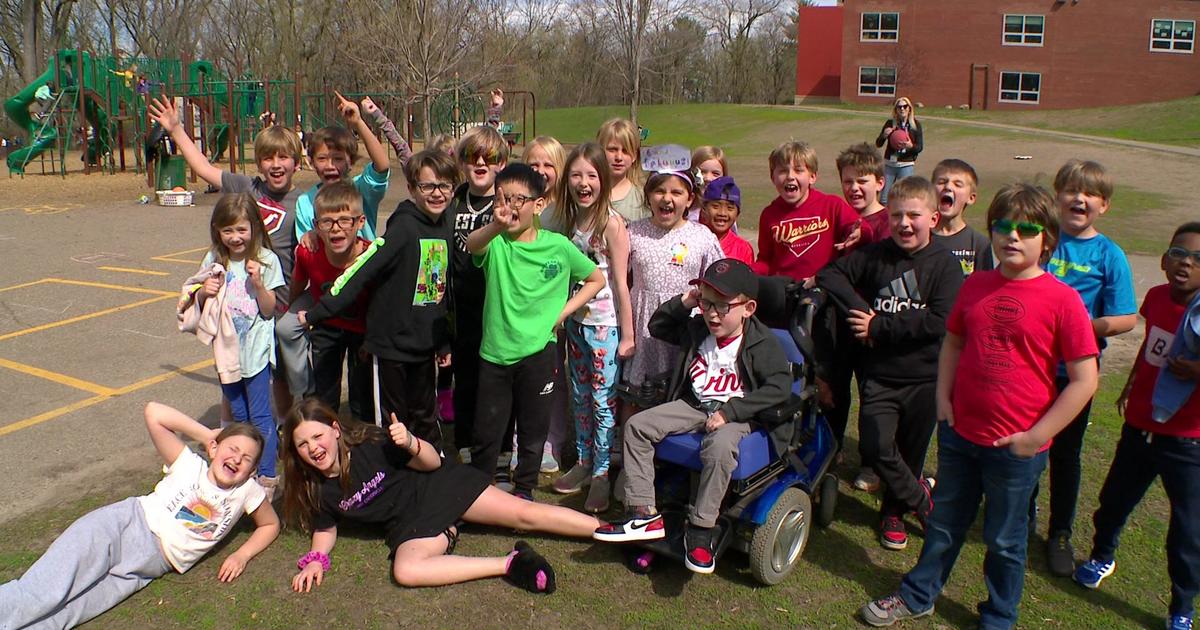'I Had Forgotten About Joy': Twin Cities Class Helps People Bounce Back From Stress, Loss
MINNEAPOLIS (WCCO) – We've likely all struggled with stress and anxiety in life. Sometimes, it can take time to bounce back from tough times, especially as we age, but a class in the Twin Cities is teaching people to retrain their brains to be able to find resilience.
"I wouldn't have done it any other way, but it was also very depleting and exhausting," said Jane Austin, who took frequent road trips from the Twin Cities to Sioux Falls to care for her dad with dementia and her aging mom.
"Just kind of general blues and not feeling like myself," Austin said.
It's when Austin believes she hit bottom.
"In the midst of this elder care stress, I had forgotten about joy," Austin said.
A friend suggested a class to help.
"I was intrigued by the focus of the program on resilience," Austin said.
For 10 weeks, she went through Pathways to Resilience: A road map, in a way, plotted by a psychotherapist, social worker and nutritionist.
"They developed this integrative program to help people uncover or rediscover our natural inborn tendencies to bounce back and that's what we call resilience," said Tom Glaser, a licensed psychologist.
Glaser explains how the focus remains on forming new habits by making changes to three major pathways: The body through nutrition and exercise, the mind and our patterns of thinking, and the connection to our communities.
"These are actions, tasks, these are behaviors that anyone can do," Glaser said.
Glaser compares the class to learning to walk along a new route through our backyard.
"With practice, we can create new pathways, not just in our backyard but in our mind," Glaser said.
Each participant leaves with a tailored plan once they understand their bodies' response to stress. Even for Glaser, it has meant limiting his time online after measuring a noticeable mood change.
"I'm absolutely convinced of that – that social media is doing as much harm as good," Glaser said.
For Austin, it meant getting back to her music. She spends more time outside and tries to interrupt negative and repetitive thoughts, realizing how common her feelings were.
"I was surprised to see people from all different backgrounds, professions, walks of life sharing stories that were so similar to mine," Austin said. "I feel that I now have the tools that I need to make a choice about regaining balance and rebuilding resiliency."
She is taking steps to resettle her mind for whatever else may come her way.
"It can make a tremendous difference," Austin said.
Glaser says more than 70% of the participants in the class report a reduction in depressive symptoms and an increase in quality of life.



